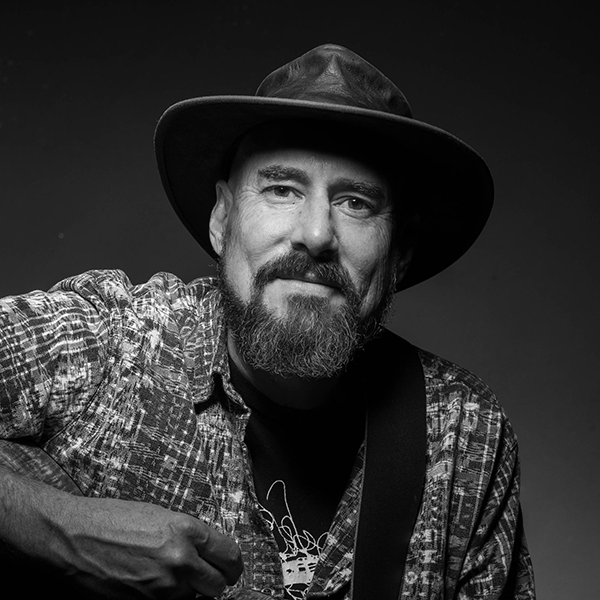You’ve probably never thought of your hair dryer as a sacramental appliance, but some folk who’ve chosen to renounce Christianity for atheism have already pressed their dryers into liturgical service.
Gatherings for de-baptism, in which the renunciant -- I just coined that -- formally rejects her baptism, often involve the symbolic drying away of the waters. The mock ritual comes from the National Secular Society and was introduced in 2004. A blow-dryer is passed over the head as the liturgy of renunciation unfolds, though how this would suffice for those who received total immersion is unclear.
These occasions are often lighthearted, as the true atheist assumes baptism to have been a fantasy anyway. Yes, a certificate is presented, and a priest of sorts leads.
As offensive as Christians may find it, de-baptism has the virtue of being straightforward: the intention is the renunciation of Christianity, and the hair dryer makes it clear that baptism is where one begins with deconstruction.
If the cult of consumption that seeks to wrest Advent and the celebration of the incarnation from the church were equally honest, we could expect a public ritual in September wherein a chorus of corporate CEOs sang a corruption of Handel’s Messiah, overtly announcing their intentions. Subtlety precludes so frontal an assault; Wal-Mart merely announces that it will be open on Thanksgiving Day for shoppers’ convenience.
Perhaps the church should consider the assault on Advent by secular culture not only a brutish conscription but also a liturgical invasion. Baptism is, among other things, an experience of language immersion.
It is expected that the congregation will “surround” the newly initiated “with a community of love and forgiveness,” as we United Methodists prefer to say. By this we mean that we intend to teach the freshly baptized the language of the kingdom of God, as distilled through centuries of church tradition into the experience and culture of the local congregation.
We know this won’t be perfect grammar -- original sin, recall -- but in faith we claim that sufficient of God’s intentions may be glimpsed through the church so that the baptized may discern the kingdom breaking into the world as the congregation lives out its faith around her.
This language of the kingdom includes not only speech but also ways of apprehending the world. As Jesus told Nicodemus, when one is “born from above,” then one “sees” the kingdom of God.
The work of the Holy Spirit is as ophthalmological as verbal: the community of the baptized sees the incarnation as God’s enfleshed intention for the creation. In Jesus’ healing the sick, feeding the hungry, encouraging the poor, raising the dead, denouncing acquisition of wealth at the expense of the poor -- in all of these, the baptized discern the language of the kingdom, the accent of the new Jerusalem.
The cult of consumption seeks not only to drown out this worrisome noise, with its troubling implications for holiday sales, but also to subvert the baptism from which it arises, consigning the sacrament to a rite of passage to be outgrown by the sophisticated, even symbolically disowned by the spiritually blow-dried.
In the face of such sacramental insult, more than the occasional Advent sermon caution against “losing the real meaning of the season” may be required. Perhaps, in gentle redaction of the liturgical calendar, pastors might consider making all of Advent a season of baptismal renewal.
Put the font front and center, incorporating appropriate language to remind the folk of the incarnation who they are and what is their native language. Carefully craft the Great Thanksgiving to include baptismal references. If there are children’s sermons, center them at the font, for the kingdom’s sake. The grown-ups will overhear. And it may be a bad season for sales of blow-dryers.









